The first section of this publication introduces the Sustainable Development Goals (SDGs), universal health coverage, and the WHO Global Action Plan for the Prevention and Control of NCDs 2013–2020, and presents
global statistics for non communicable diseases. The second section presents the methodology used to select priority medical devices for the clinical…
All Resources
Showing 331 - 340 of 454
Results are ordered by date, with most recent published resources shown first.
Use the other filters to customize your search.
Results are ordered by date, with most recent published resources shown first.
Use the other filters to customize your search.
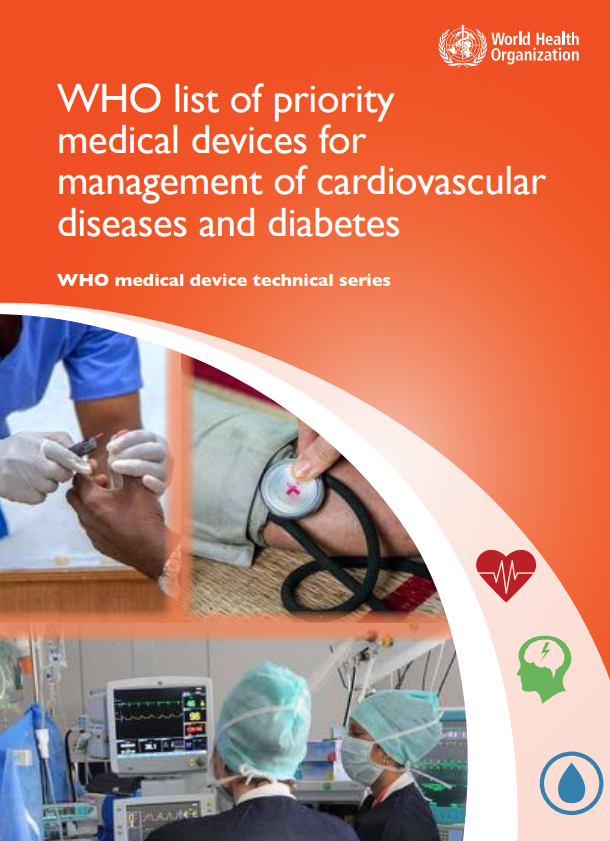
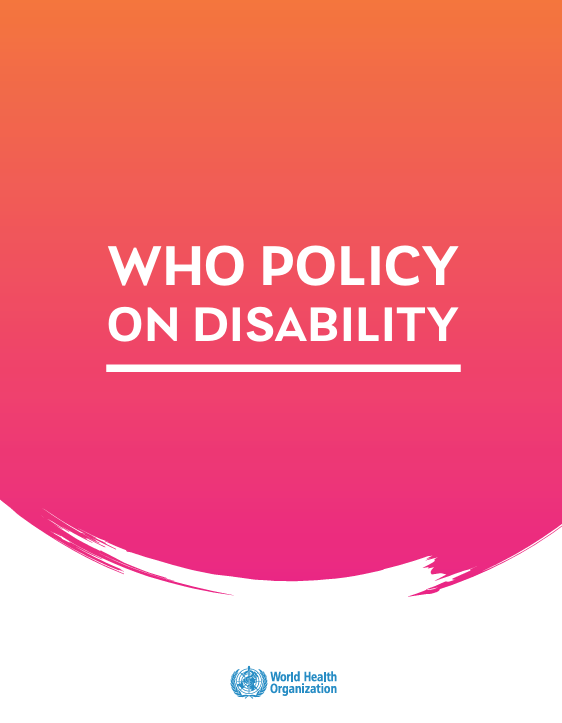
The WHO Policy on Disability was developed at the request of the Director-General, in consultation with the programmatic and operational departments of the Organization, staff with disability and Regional Disability Leads.
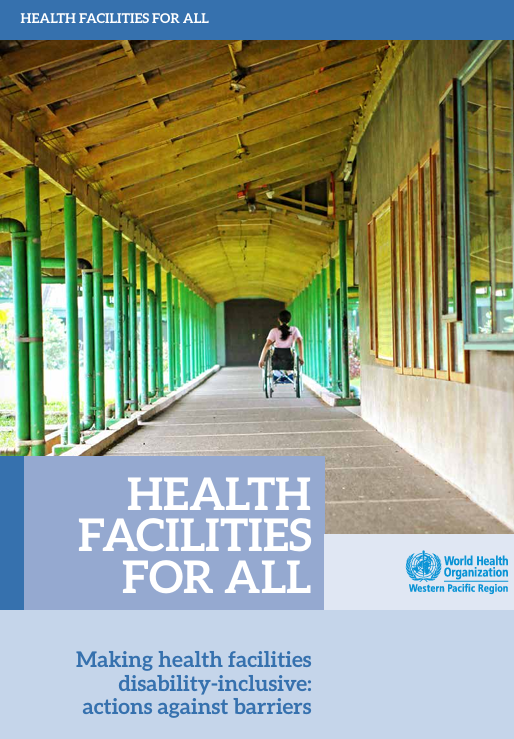
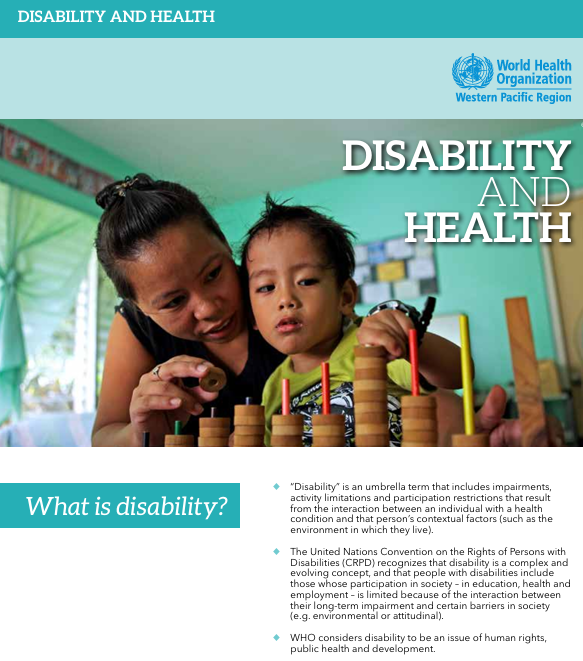
Factsheet intended to be used as a communications tool to support the publication: Disability and rehabilitation in the Western Pacific.
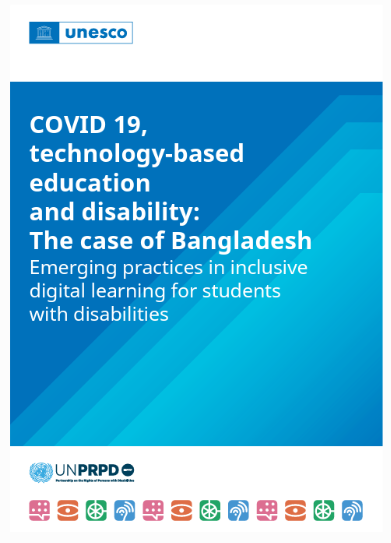
This study sheds light on Bangladesh’s initiatives in the area of disability-inclusive education. The particular focus is on the role of its Accessible Reading Materials (ARM) initiative and how this has contributed to ensuring disability-inclusive and accessible education during the COVID-19 pandemic in Bangladesh.
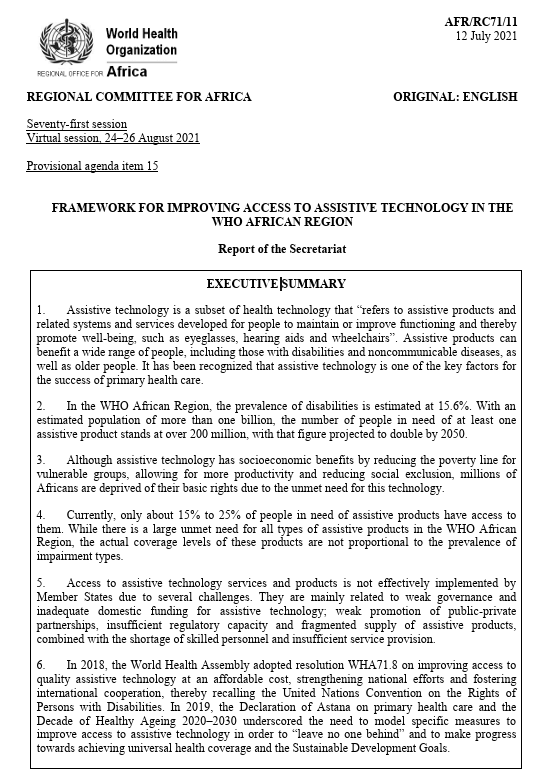
Framework for improving access to assistive technology in the WHO African Region: report of the Secretariat at the 71st Regional Committee for Africa.
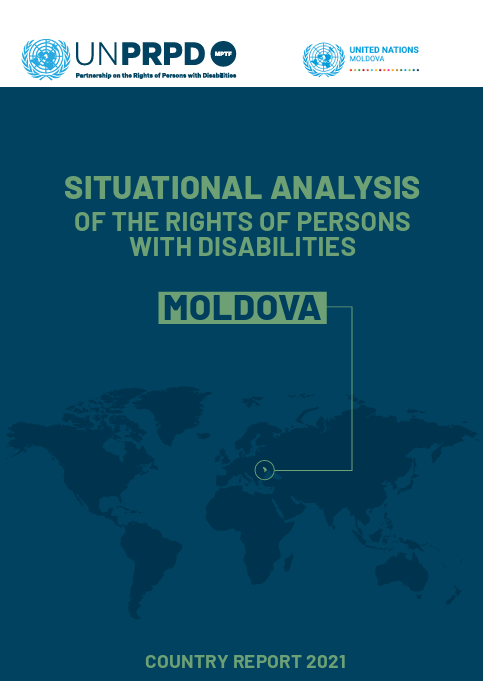
Fulfilling rights of persons with disabilities is one of the main preconditions for the development of the country across all dimensions: political, social, economic. The present study explores the factors that are conducive but also those that put in jeopardy the process of implementation of the CRPD as the path to the full realisation of rights of persons with…
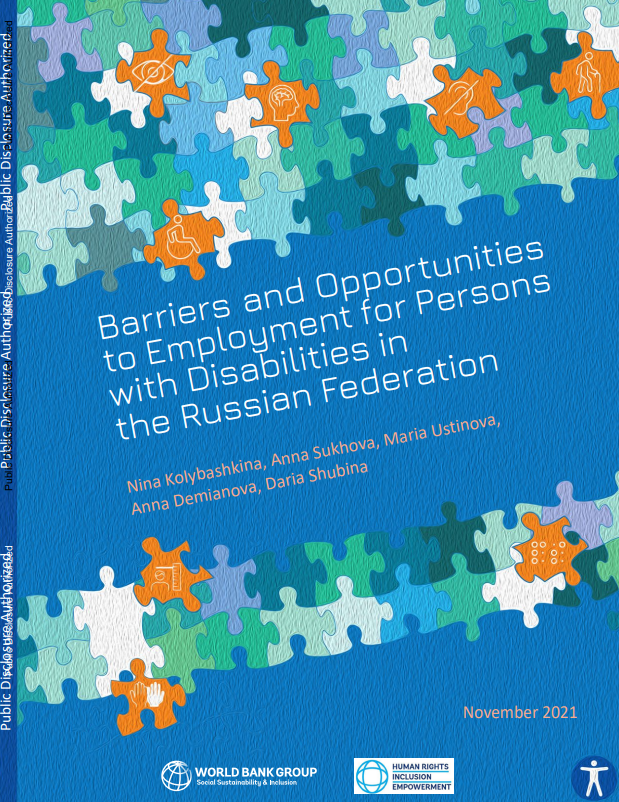
The document analyzes barriers and opportunities to employment for persons with disabilities in the Russian Federation. It discusses official statistics, share and profile of employed persons with disabilities, and profiles of unemployed persons with disabilities. The document also examines disability assessment, rehabilitation services, pensions and benefits, and…
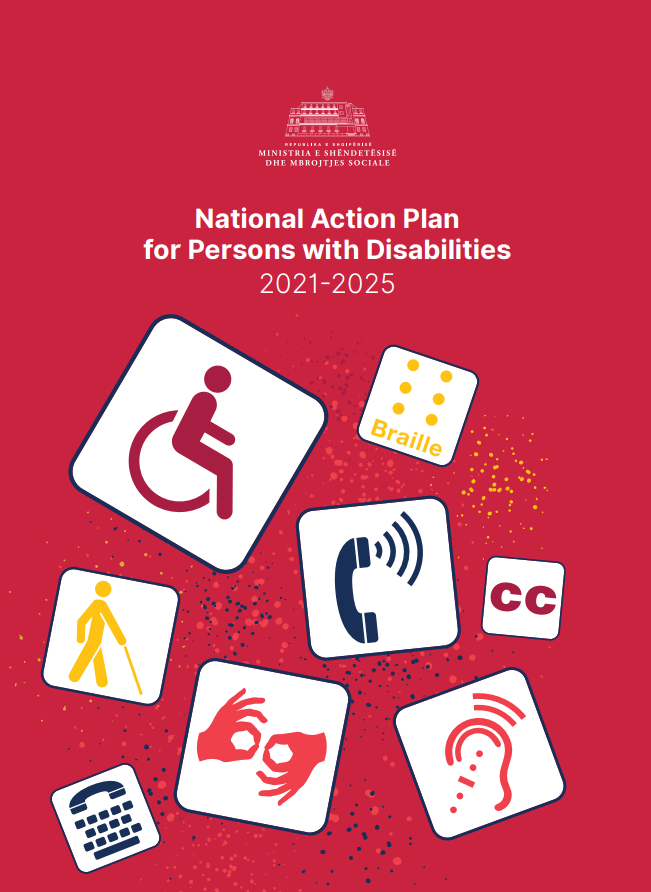
National action plan including access to assistive technology for Albania
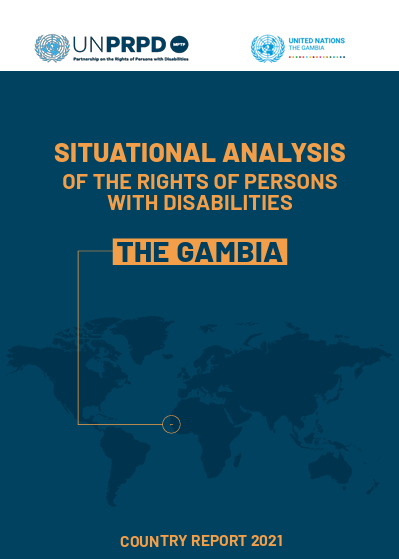
This Disability Situational Analysis in The Gambia aims to give an insight into the disability architecture including laws, policies, governance, coordinating mechanisms, budgeting, and existing social protection programmes. The work for the situational analysis commenced in July 2021 with an induction training as part of the inception phase. Research methods,…
